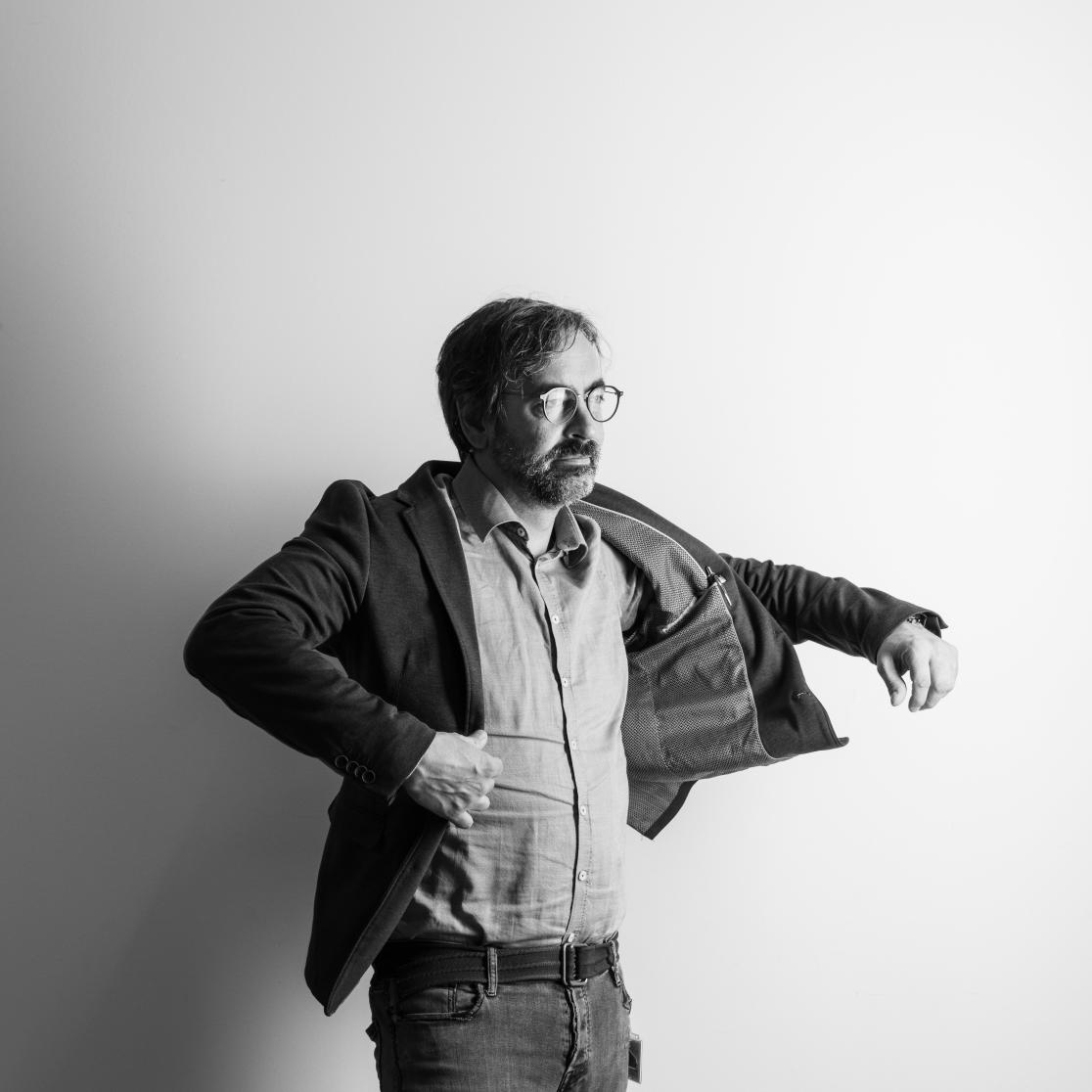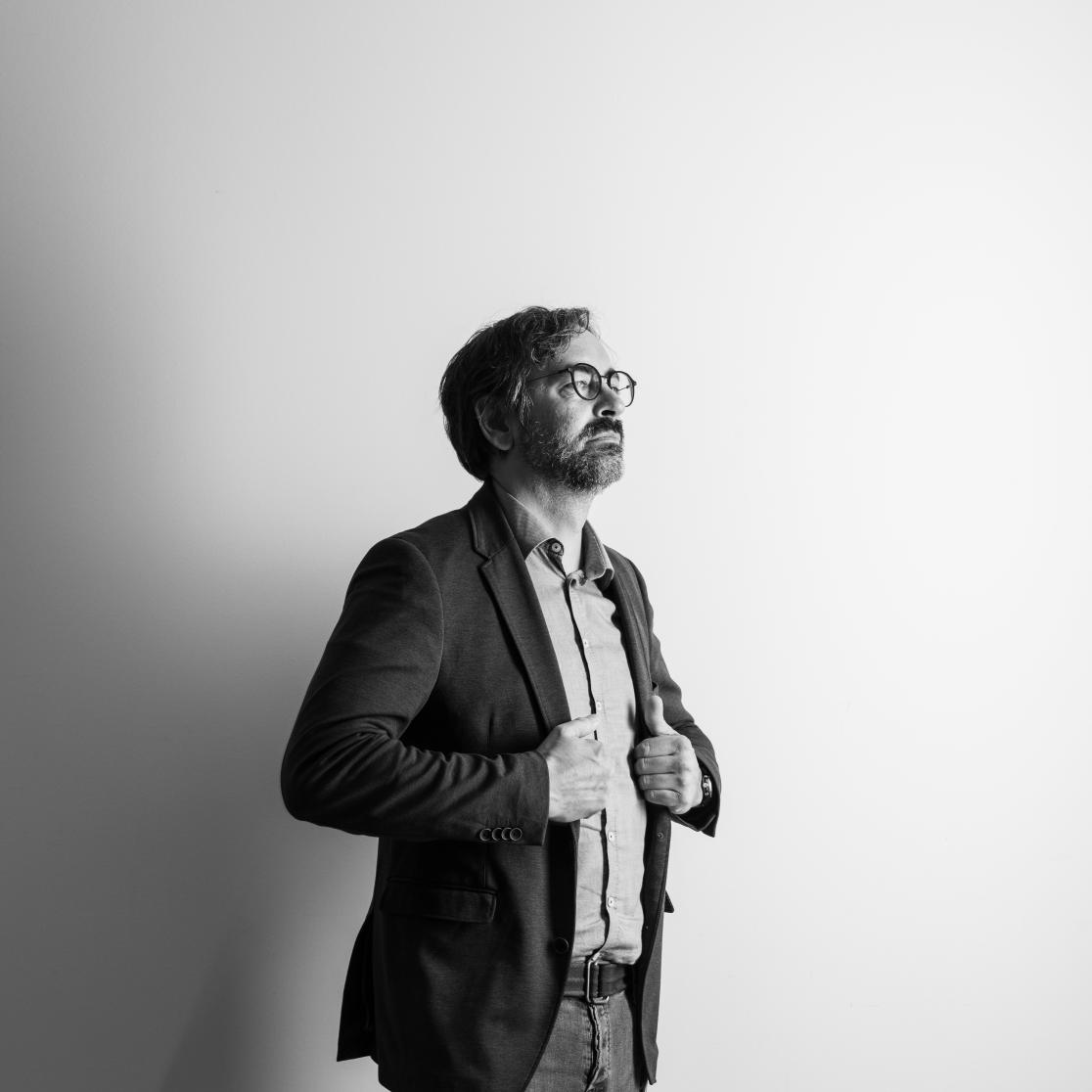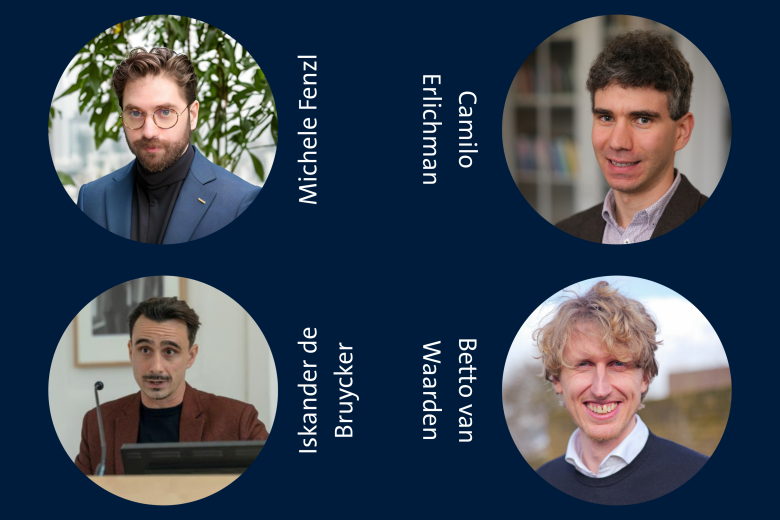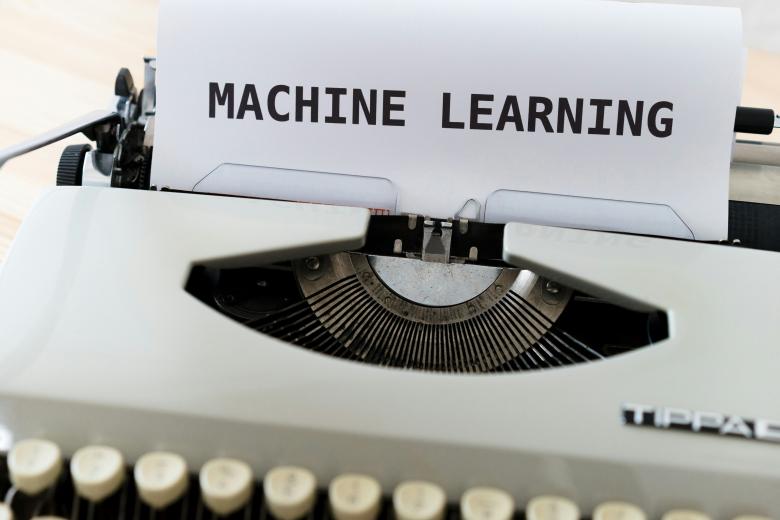“We need to act now”
By 2050, more than half a million Dutch people will suffer from dementia. Sebastian Köhler, professor of Neuroepidemiology at Maastricht University, studies how dementia might be prevented and advises the World Health Organization. He talks to us about his outreach efforts and why UM is a global player when it comes to risk prevention.
Sebastian Köhler was 11 when his grandmother was diagnosed with dementia. “I was scared by what I saw. No one understood the disease well enough to explain to me what was going on.” Today, he is working to combat that lack of awareness. “Dementia is a heterogeneous condition characterised by a progressive loss of cognitive ability. There are around 50 different causes; Alzheimer’s is the most well known, but it can also be due to constricted blood vessels, stroke or trauma.”
Around 300,000 people in the Netherlands suffer from dementia, a number that is set to double by 2050. “As a society, we’re not prepared to cope with this. We don’t have the facilities to care for all those people, and demographic changes mean there’ll be fewer informal carers available. We need to act now.” He attributes the rise in prevalence to longer lifespans. “Age is the biggest risk factor.”
Lifestyle makes a difference
Genetics play a role, Köhler says, but lifestyle is perhaps more important. “Certain genes will lead to early onset dementia. But for those who develop dementia at 65 or older, genetics is only a small factor. Lifestyle, on the other hand, can make a big difference.” Köhler co-chairs the Guideline Development Group installed to update the WHO guidelines on risk reduction of cognitive decline and dementia. “We look at the most important risk factors for dementia and what interventions might be effective.”
Köhler was an external reviewer for the 2019 guidelines, and had previously collaborated on WHO projects. “Of course, I was honoured to be asked. It’s a tribute to what we’re doing here in Maastricht. UM has one of the world’s largest research groups for dementia risk reduction.” For the guidelines, the UM team will study two risk factors: stroke and lack of social contact.
What kind of lifestyle interventions might help to prevent dementia? “It’s the usual suspects,” he says. “Physical activity, a healthy diet, not smoking—everything that’s good for your heart is also good for your brain.” Avoiding brain trauma helps, unsurprisingly. “But to build resilience, it’s also important to use your brain, to keep learning, to stay curious and to pursue social activities.”

Greater awareness
People tend not to associate these common-sense behaviours with brain health. In a survey of 700 Limburgers, Köhler’s team found that few 40- to 75-year-olds made the link with dementia. “Raising awareness is crucial. People fear dementia enough for it to cut through the information fatigue; it can trigger lifestyle changes.” There are, of course, limits. “The studies we use are observational. For many risk factors, direct causal evidence is lacking. We can only figure out how risks change across big groups, not in individuals.”
Moreover, some factors are beyond the realm of individual control. “Not everyone can easily move somewhere with less air pollution. Socioeconomic differences make a healthy lifestyle more difficult for some. It’s not about blaming individuals. We want to inform people which interventions can reduce their risk and thereby improve public health.”
World-class prevention research
Köhler credits his group’s success to UM’s interdisciplinary approach, close cooperation with the MUMC+ and an exceptionally strong embedding in the region. “At the Alzheimer Centre Limburg, we have a huge group of collaborators, from municipalities and health professionals to cultural and recreational services. We can draw on data from the Maastricht Aging Study and the Maastricht Study. Recently, we even started working with primary schools to create intergenerational awareness of brain health.”
In partnership with the South Limburg Public Health Service (GGD), Köhler ran the 2018 campaign Wij zijn zelf het medicijn (We ourselves are the medicine). “We gave lectures, designed posters, talked to the press and developed the free MyBraincoach app.” He also leads the Dutch Dementia Prevention Initiative, a national consortium set to roll out an updated awareness campaign in 2025.
“We’re working with GPs to get dementia risk prevention into the consultation room. It can be readily integrated with existing cardiovascular risk-management protocols,” Köhler says. He is also trying to incorporate dementia prevention into healthcare curricula and the protocols of other healthcare providers. “We offer lifestyle coaching for people with memory problems, who have not yet received a dementia diagnoses. This could also be integrated into the MUMC+’s Vitaliteitsloket, where specialists offer help with lifestyle improvements.”

Prevention remains key
Limburg, an ageing, relatively car-centric province with an array of socioeconomic challenges, tends to have worse health outcomes, lower life expectancy and higher rates of dementia than other Dutch regions. “The Ministry of Health has commissioned us to study regional differences in modifiable risks—those where lifestyle interventions can help to prevent dementia.”
There are promising medications in the pipeline, but Köhler says these are not yet ready for broad use. Lecanemab is a drug that clears the brain of protein plaques. If administered in the early stages of dementia, it slows cognitive decline. “It’s a subtle effect,” Köhler says, “and expensive and rather impractical, but it’s certainly a first step. Given the scientific progress of recent years, I think we can be more optimistic than ever. Still, prevention is key. Twenty years ago, prevention was neglected in hopes of a pharmaceutical solution that never materialised. I think we need to invest in both treatment and prevention.”
Text Florian Raith
Photography Philip Driessen
Also read
-
Four FASoS researchers awarded NWO XS grants
How do lobbyists use disinformation to sway policymakers? Who gets to shape the historical narrative of occupation and violence? Does growing inequality change the way citizens think about politics? And how have politicians defended “truth” across a century of media revolutions?
-
Reducing the Digital Divide: Empowering Students to Train, Evaluate, and Use AI Text Models
The Maastricht Law and Tech Lab, together with the Brightlands Institute for Smart Society (BISS), obtained a € 100.000 a Comenius Senior Teaching Fellow grant.
-
Green school playgrounds boost concentration and wellbeing
Children at schools with green playgrounds are better able to concentrate and display more social behaviour. This is the conclusion of a follow-up study within the long-running project The Healthy Primary School of the Future .